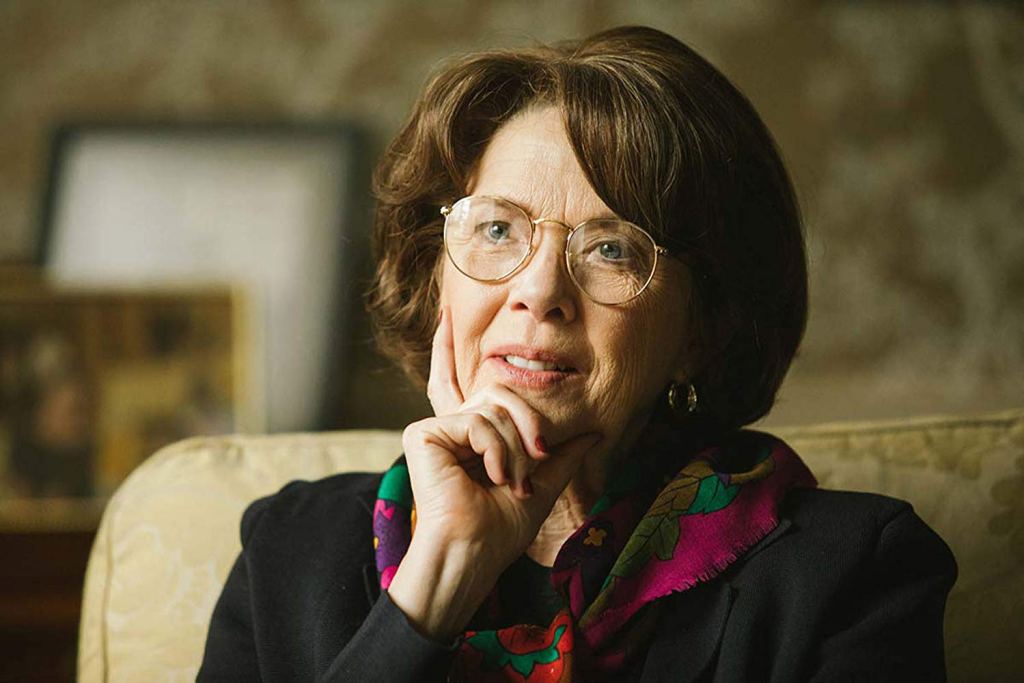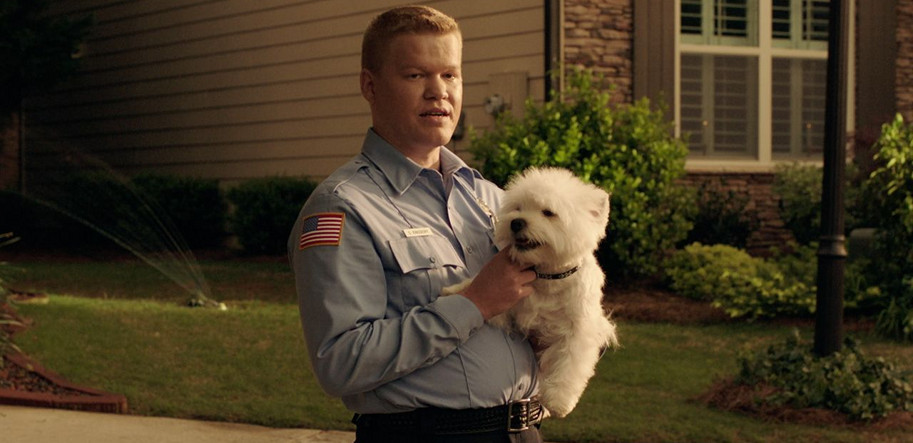The Torture Report is based on real events as I’m sure you’ve not failed to notice. In the aftermath of 9/11, the CIA went rogue. Or went roguer. It was panicky because as the country’s central intelligence agency, it sort of had a responsibility to avert disasters such as these. And technically speaking, it knew about the specific 9/11 threat and had failed to do anything to stop it. It was embarrassed and tried to cover its embarrassment and perhaps culpability the only way it knew how: with an aggressive show of force. So it started acting both above and below the law, doing whatever it deemed necessary to get things done, but not running anything by anyone else, and not actually getting things done either.

Cut to: Senator Dianne Feinstein (Annette Bening) puts together a task force led by staffer Daniel Jones (Adam Driver) to investigate the CIA’s so-called Detention and Interrogation Program. And the thing is: the work is easy. Their guilt is dripping off each and every report he reads, and poor Jones reads literally millions of pages of documents. Jones of course finds evidence of torture, but also that the CIA then attempted to destroy evidence, subvert the law, and keep things secret from even the highest offices in the country. And if that wasn’t bad enough, the truth was that their torture techniques didn’t even work. Although they were so brutal that more than once the prisoner died while being tortured, not once (worth repeating: NOT ONCE) did their EITs result in information they didn’t already have. So either the torture was ineffective or the prisoners truly didn’t have any dirt to spill, and the CIA couldn’t tell the difference anyhow. In fact, afterward even the CIA admitted that at least a quarter of its prisoners should never have been detained in the first place – and keep in mind that people died in their custody. And that’s just what they admit to.
By ‘things’ I mean torture. They basically invented a whole new kind of torture to get information out of terror suspects and they called it ‘enhanced interrogation techniques’ (EITs) in order to not have to call it torture. But that’s what it was. Meanwhile, the president of the United States is strutting around telling the world that the USA does not torture prisoners, confidently saying as much because the CIA was saying that to his face while crossing their fingers behind their backs.
Adam Driver is playing a desk-sitting paper-shuffler in this, and it can be hard to make that very cinematic but the truth of his performance lays in how passionate he is about the work. After spending more than 5 years in a secure, windowless office, working nights and weekends to put this thing together, and being constantly confronted by the shady, unlawful, and shameful actions of his country, it wears on Jones. He can’t help but be emotionally invested.
The film, directed by Scott Burns, earns its tension in that despite this being his life’s work, and obviously vital knowledge, there are tonnes of people who want to bury the report. Even Senator Feinstein wavers. The CIA is not just torturing people abroad, they’e keeping secrets from their president (and openly lying wherever necessary), and spying on their own people, including on the Congress of the United States of America.
It’s kind of amazing that the film ends up feeling gripping and vital. There’s a momentum to it that really brings the subject alive and Driver injects the thing with urgency and humanity.


 made of the fact that she (played by Rebecca Hall) was 30 and horrified of it, still a boyfriendless, childless virgin. I’m sort of offended on behalf of women everywhere that this is seen by anyone as the reason for her suicide. She was a troubled woman who’d struggled with depression and had left a job and life behind elsewhere in order to ‘rebuild.’ But this new place wasn’t going much better. A year in, she pined for the news anchor (Michael C. Hall) yet pushed him away when he got near. She yearned to do important investigative reporting but the station manager insisted on a “if it bleeds, it leads” policy. She couldn’t get promoted and wasn’t being taken seriously. She lived with her mother, sometimes happily, sometimes not.
made of the fact that she (played by Rebecca Hall) was 30 and horrified of it, still a boyfriendless, childless virgin. I’m sort of offended on behalf of women everywhere that this is seen by anyone as the reason for her suicide. She was a troubled woman who’d struggled with depression and had left a job and life behind elsewhere in order to ‘rebuild.’ But this new place wasn’t going much better. A year in, she pined for the news anchor (Michael C. Hall) yet pushed him away when he got near. She yearned to do important investigative reporting but the station manager insisted on a “if it bleeds, it leads” policy. She couldn’t get promoted and wasn’t being taken seriously. She lived with her mother, sometimes happily, sometimes not. out the former since I’ve always found the circumstance of her death a little fishy. Before she put the gun to her head, she read out a brief statement, basically accusing the station of pushing her to do this drastic, bloody thing. She’d also prepared a statement for a colleague to read out afterward, though none did. In that, she described her actions as a “suicide attempt” and reported that she’d been taken to hospital alive but in serious condition. Had she not planned or wanted her suicide to be “successful”? We’ll never know.
out the former since I’ve always found the circumstance of her death a little fishy. Before she put the gun to her head, she read out a brief statement, basically accusing the station of pushing her to do this drastic, bloody thing. She’d also prepared a statement for a colleague to read out afterward, though none did. In that, she described her actions as a “suicide attempt” and reported that she’d been taken to hospital alive but in serious condition. Had she not planned or wanted her suicide to be “successful”? We’ll never know.